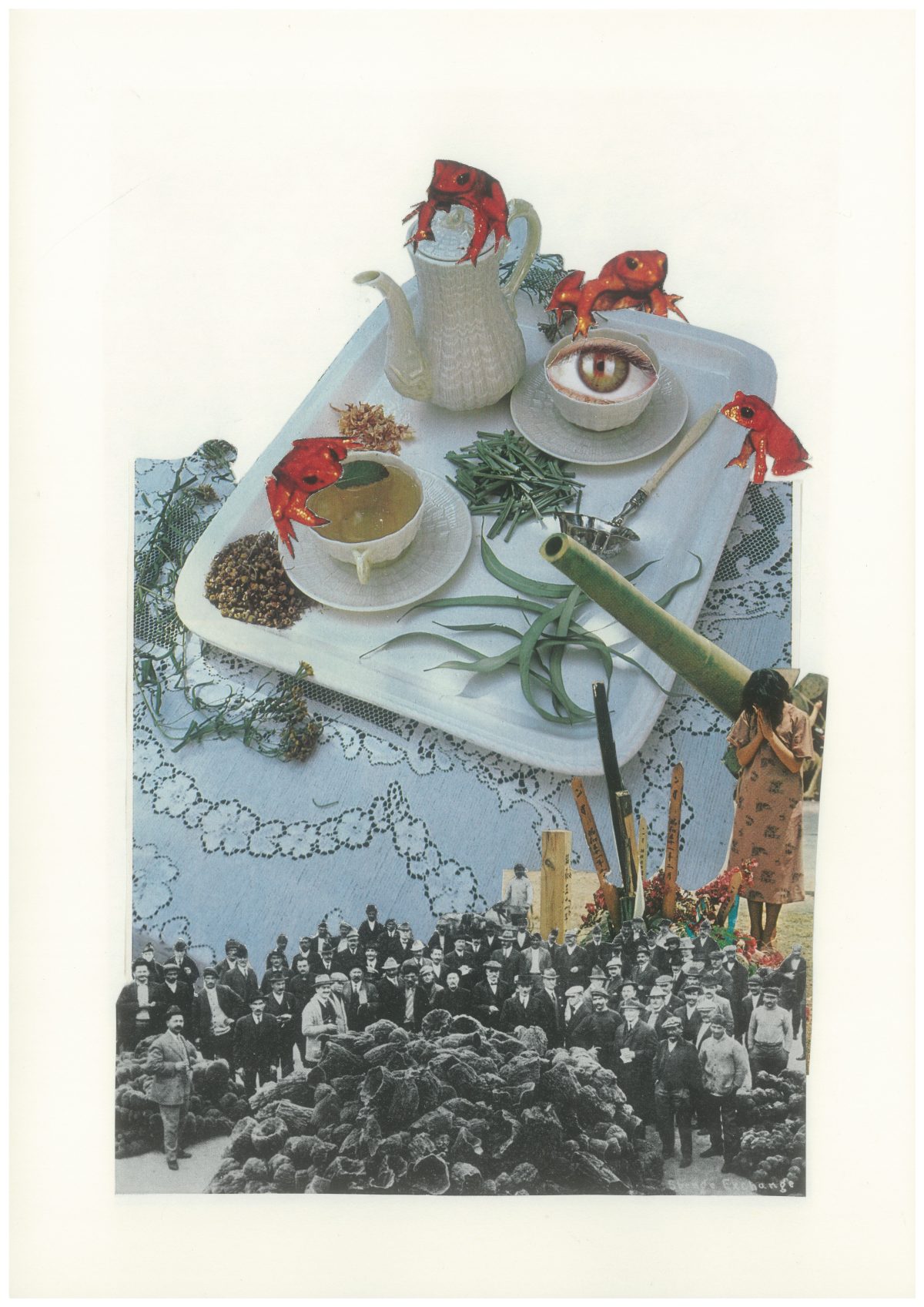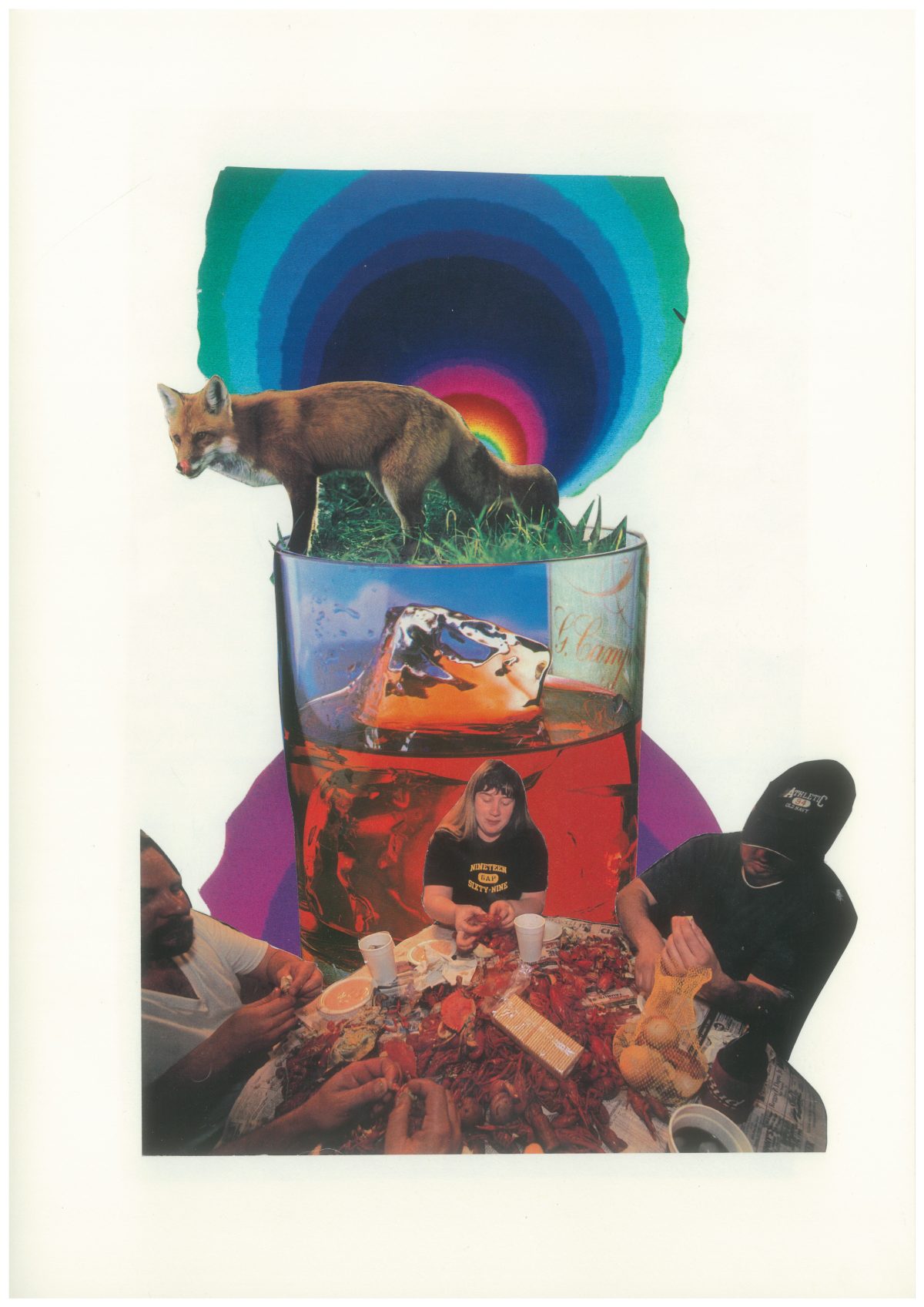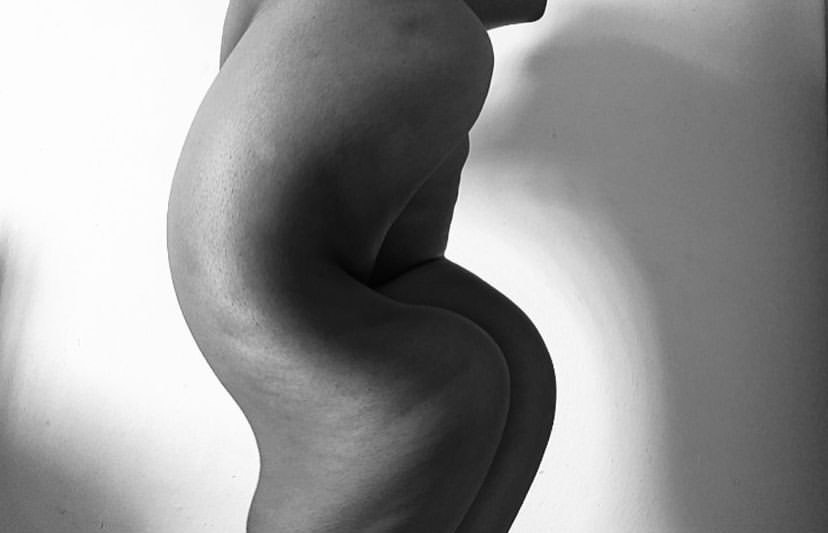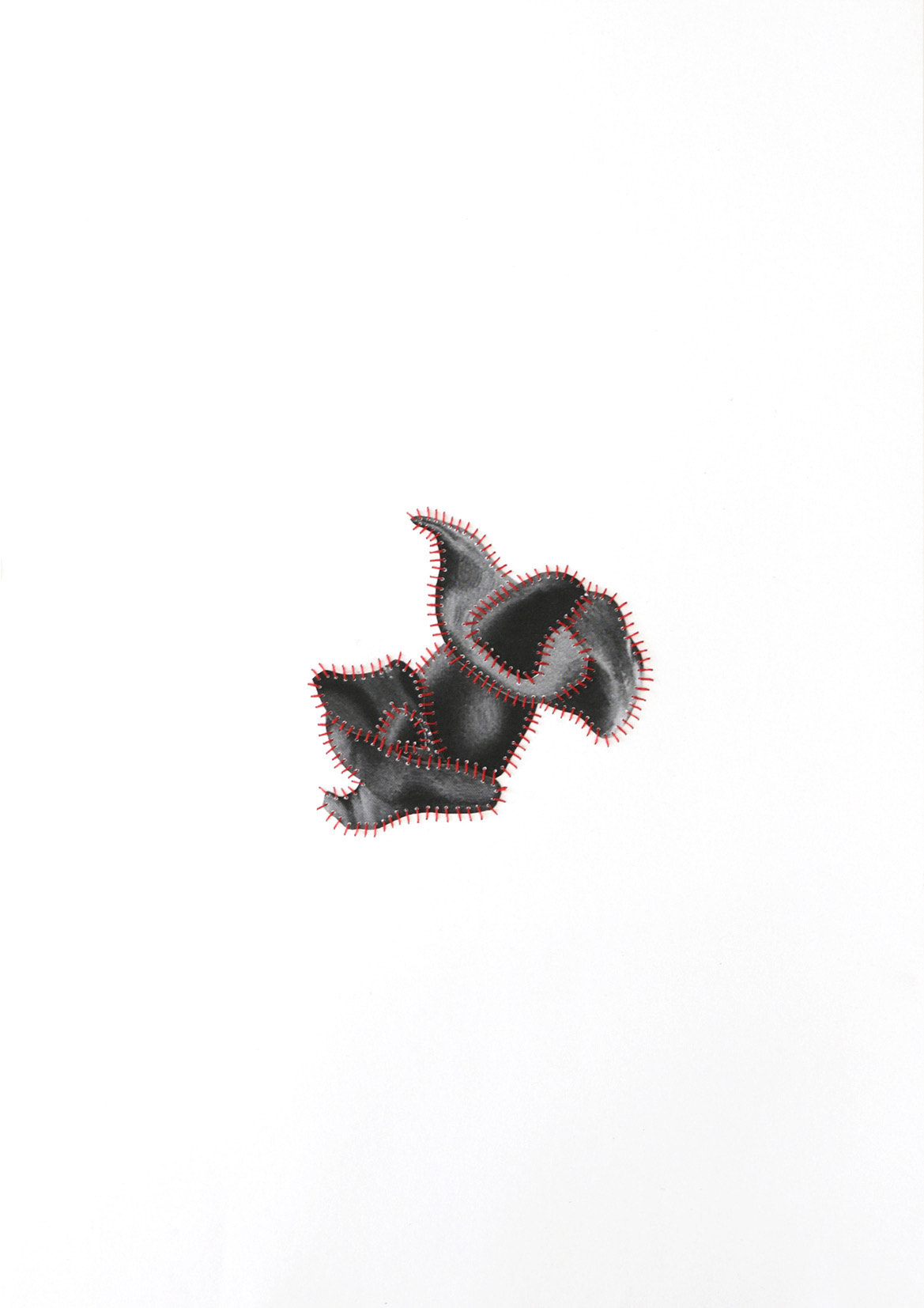From issue: #23 Seen/Unseen
In the realm of contemporary art, the interplay between visibility, representation, and power has become increasingly prominent, especially in the context of global social movements. Over the past decade, the efficacy of image production and acts of representation, particularly through photography, has been a focal point. Artists such as Shana-Lee Ziervogel and Yonela Doda exemplify this exploration through their practices, argues Photoworks writer-in-residence Tanlume Enyatseng, which delve into the complexities of visibility politics and the nuanced dynamics of being seen through the lens of photography.
At the forefront of this discussion is Shana-Lee Ziervogel, a multi-disciplinary artist based in Cape Town, whose body of work Nat Geo Recycled challenges the traditional narratives perpetuated by photography, particularly in the context of colonial legacies. Ziervogel’s series of collages, born out of a period of creative struggle, repurposes imagery from National Geographic magazines, a symbol of Western hegemony and colonial gaze. By deconstructing and reconstructing these images, Ziervogel subverts the power dynamics inherent in the act of photography, which historically privileged the perspectives of the privileged white European man at the expense of indigenous cultures in the Global South.
Ziervogel’s collages serve as a form of visual activism, aimed at decolonising the visual landscape and interrogating the relationship between the photographer and the subject. Through her practice she challenges the notion of photography as a neutral tool of documentation, highlighting its potential for exploitation and cultural erasure. As Ziervogel aptly puts it: “The crux of my work is to challenge the relationship between the shooter and the subject…there is almost an invasive and violent infiltration into something that would be considered sacred.”
Moreover, Ziervogel raises poignant questions about visibility and power within the contemporary art world, particularly in the context of South Africa. She critiques the imbalance of giving and receiving within predominantly white-owned institutions, emphasising the need for a more equitable distribution of resources and recognition. Ziervogel’s work underscores the importance of not only reclaiming visibility but also leveraging it, to effect meaningful change within marginalised communities.
“There are still very few black owned contemporary businesses,” she points out. “Within saying this we must often ask ourselves, who is benefitting from this ‘visibility’? Yes the artist may be of colour and they are definitely receiving, I would say, a higher economic and social position. But are these instiutions also giving back to the communities these artists come from? Also are the artist themselves giving back to their communities, who they make their work about?”
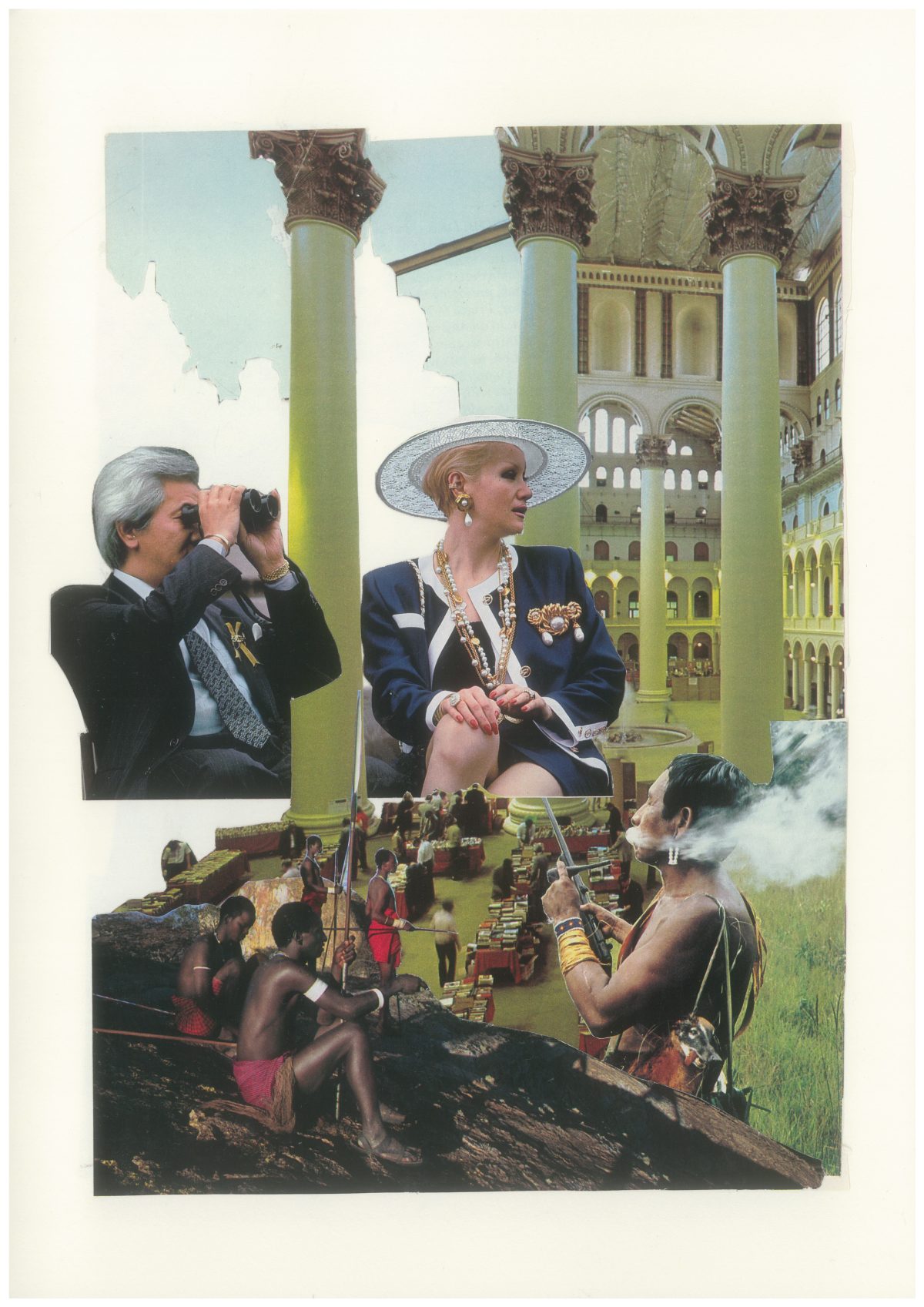
Catharsis and visibility
In contrast, Yonela Doda, another Cape Town-based artist, explores themes of vulnerability and catharsis through her collage photography. Drawing inspiration from theories of catharsis, Doda uses her art as a means of purging and cleansing, a process that necessitates visibility and honesty. Her distorted self-portraits serve as a visual diary of sorts, documenting her journey towards self-discovery and healing.
For Doda the relationship between visibility and artistic expression is symbiotic; she believes that true authenticity can only be achieved through transparency and self-revelation. By making herself visible in her work, Doda confronts her vulnerabilities, transforming them into sources of strength and empowerment. As she eloquently states: “Because my work communicates my process of purging and cleansing, it only makes sense to make myself visible and vulnerable in my work…What matters is that I still exist within the work.”
When asked how she navigates the balance between introspection and the desire to engage with broader themes, particularly regarding the politics of visibility, Doda reflects: “I do do a lot of introspection in my works, but I find that that’s already political in itself, as a woman making works that allow me to be bare and vulnerable. The work just automatically becomes political itself by what people take from it.”
Doda adds: “It can trigger you, make you think, or even make you confused at times. And I like the idea of an audience existing or feeling connected to the work, which also ties in with the politics of visibility. Maybe sometimes being visible means seeing yourself through someone else’s perspective. We exist through being and feeling seen by ourselves and by others.”
Doda also grapples with the paradox of visibility in the age of social media, in which the desire to seen or not to be seen conflicts with the pressure to maintain an online presence. Despite the inherent vulnerability of her art, Doda recognises the human inclination towards connection and recognition. She muses on the possibility of creating an alternate persona, free from the constraints of visibility, as a means of exploring the boundaries of self-expression.
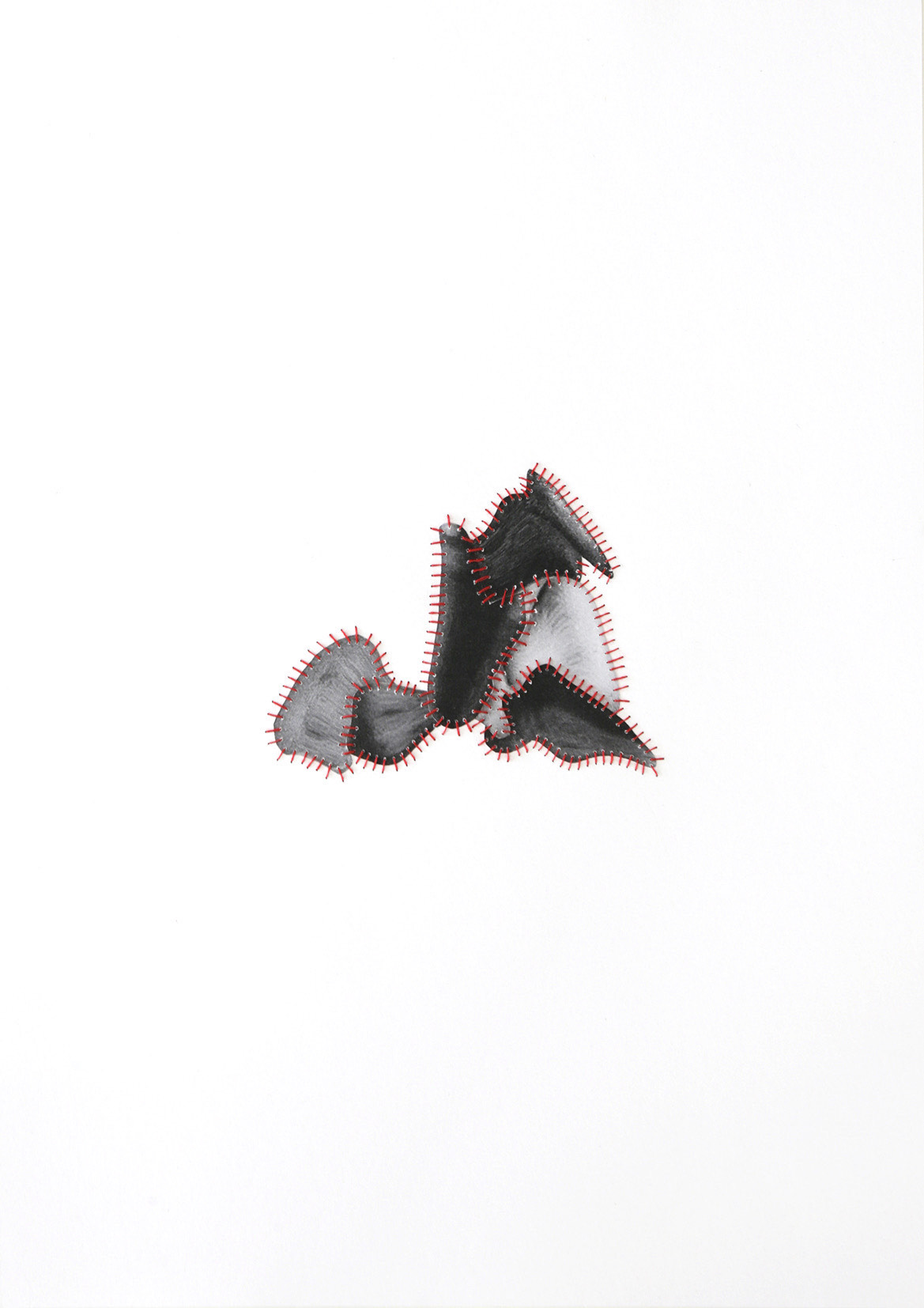
Marginalised voices
Ultimately, both Ziervogel and Doda offer insights into the politics of visibility and representation because they challenge conventional narratives, disrupt power dynamics, and advocate for a more inclusive and equitable artistic landscape. As female African artists, their work not only confronts the legacies of colonialism and oppression but also celebrates the resilience and creativity of marginalised voices. Their art asserts the agency of Black women over their own bodies and narratives, reclaiming visibility as a tool for empowerment and self-expression.
In a world in which visibility is often equated with success and validation, Ziervogel and Doda remind us of the inherent power of representation. Both using collage photography, though in very different ways, they illuminate the complexities of identity, memory, and belonging, inviting viewers to engage critically with the images that shape our collective consciousness. In doing so, they challenge us to confront our own biases and assumptions.
